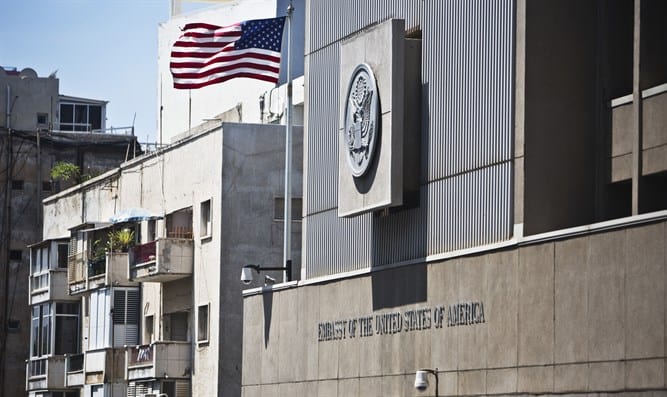IN a week of dramatic anti-terror breakthroughs, security forces in Chad and Nigeria have struck heavy blows against extremist networks operating across the Lake Chad Basin, with ripple effects drawing in international partners.
Authorities in Chad confirmed the arrest of six suspected Boko Haram members, including a young man believed to be Muslim Mohammed Yusuf, the son of Boko Haram’s late founder, Mohammed Yusuf.
This is after the Nigerian government announced the capture of two top leaders of the Ansaru faction, with the United States congratulating Nigeria on what it described as a “significant forward step” in the fight against terrorism and extremism.
At the same time, the U.S. Mission in Nigeria unveiled stricter visa requirements, compelling Nigerian applicants to disclose all social media handles used within the last five years, citing global security priorities.
The arrest of Muslim Yusuf, known by the alias Abdrahman Mahamat Abdoulaye was first reported by a Nigerian intelligence source operating in the Lake Chad region.
The source said Yusuf, who is believed to be around 18 years old, was detained alongside five other alleged militants in N’Djamena by Chadian authorities during a counter-terror sweep.
Photos obtained after the arrests showed a slender young man in a blue tracksuit with a striking resemblance to his father, standing among older detainees.
Chadian police spokesman Paul Manga confirmed the arrest, saying the suspects were “bandits operating in the city” who lacked legal documentation.
While police described them as Boko Haram members, Nigerian intelligence suggested that Yusuf’s cell was part of the Islamic State West Africa Province (ISWAP), a splinter group that broke away from Boko Haram in 2016 over ideological differences.
Yusuf, who was an infant when his father was killed in 2009 during a Nigerian military crackdown that left about 800 people dead, is also the younger brother of Habib Yusuf (alias Abu Mus’ab al-Barnawi), the current ISWAP leader.
A former Boko Haram lieutenant familiar with the group’s inner workings, but who has since renounced the movement, also confirmed the arrest, describing it as a “major symbolic victory” in the fight against insurgency in the region.
In a parallel development, as the Nigerian government announced the arrest of two notorious Ansaru commanders: Mahmud Muhammad Usman (aka Abu Bara’a) and Mahmud al-Nigeri (aka Mallam Mamuda) last week.
The duo, long wanted for their roles in high-profile kidnappings and attacks across the northwest, were captured in a security operation praised by both Abuja and Washington.
The U.S. Embassy in Nigeria lauded the arrests in a statement posted on X (formerly Twitter), saying: “We commend the Nigerian Government and security forces on the successful arrest of wanted Ansaru leaders, Mahmud Muhammad Usman (aka Abu Bara’a) and Mahmud al-Nigeri (aka Mallam Mamuda). This is a significant forward in Nigeria’s fight against terrorism and extremism.”
The arrests mark one of the most high-profile successes against Ansaru in recent years, a group that has maintained ties with al-Qaeda and has been responsible for multiple kidnappings of foreigners and attacks on Nigerian security forces.
Amid the global spotlight on counter-terror operations, the U.S. Mission in Nigeria rolled out a new visa directive requiring all applicants to disclose their social media usernames and handles from the past five years.
In a statement, the Mission said applicants must enter the details on the DS-160 visa application form and certify their accuracy before submission.
“Omitting social media information could lead to visa denial and ineligibility for future visas,” the U.S. Mission warned.
The measure, according to U.S. officials, is part of enhanced screening mechanisms designed to protect national security and prevent extremists from exploiting immigration loopholes.
A security expert, Dr Bashir Uji told News Point Nigeria that the twin arrests of Boko Haram’s founder’s son in Chad and Ansaru leaders in Nigeria underscore growing international collaboration against terrorism in West Africa.
For many Nigerians, the developments are a rare moment of relief. But Uji warns that while the arrests deal symbolic and operational blows to insurgent networks, the groups retain the capacity to regroup and launch retaliatory strikes.
As Abuja celebrates its gains, Washington’s new visa policy signals that the fight against extremism extends beyond the battlefield into digital spaces, immigration systems, and global intelligence networks.







